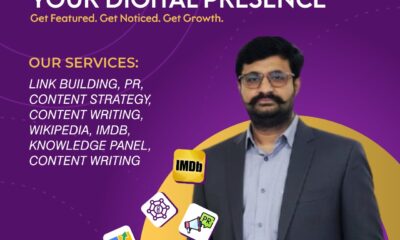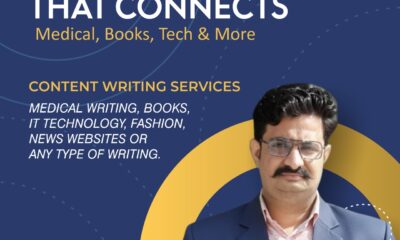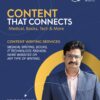AGI Is Overhyped: Real Power Lies in Using AI Effectively, Says Google Brain Founder
In an era increasingly captivated by the promise—and fear—of Artificial General Intelligence (AGI), Andrew Ng, founder of Google Brain and co-founder of Coursera, is calling for a reality check. According to Ng, the buzz around AGI is overblown, and the real power in the AI age lies not in building superintelligent machines, but in learning how to use current AI tools effectively.
Speaking at a recent Y Combinator event, Ng pushed back against the dominant narrative that AGI will soon revolutionize the world or render humanity obsolete. “AGI has been overhyped,” Ng said. “For a long time, there’ll be many things humans can do that AI simply can’t.” He emphasized that people should stay practical and focused on solving real problems with today’s AI instead of being swept up in speculative fears.
The Misplaced Fear of Superintelligent Machines
AGI is often defined as an AI system that matches or surpasses human intelligence across all tasks—a machine that can reason, learn, and adapt like a person. While some tech leaders warn of its existential risks, Ng strongly disagrees with this alarmist view.
“AI is so powerful, soon no one will have a job anymore—just not true,” Ng said.
“Or, we’re so powerful that by training a new model we’ll casually wipe out thousands of start-ups. That’s just not true either.”
He criticized companies that exaggerate AI’s current capabilities, calling such claims marketing tactics to raise funds or dominate headlines. “It’s a hype narrative that’s made certain businesses look more powerful and helped them raise money,” he said.
Power Belongs to Those Who Know How to Use AI
Ng believes that the most influential people in the AI era won’t necessarily be the ones who build AGI, but those who know how to direct AI tools to achieve their goals.
“The people who are most powerful are the ones who can make computers do exactly what they want them to do,” he explained.
“People who know how to use AI to get computers to do what they want will be far more powerful than those who don’t.”
This practical skillset, according to Ng, is what will empower individuals, developers, and entrepreneurs to thrive in the AI economy.
AI Is Like Electricity—Its Impact Depends on Usage
To drive home his point, Ng compared AI to electricity—a powerful but neutral technology. “AI is neither safe nor unsafe. It’s how you apply it that makes it so,” he said. Just like electricity can be used to power hospitals or cause harm, AI’s impact is entirely shaped by its application and intent.
He also stressed the importance of responsible AI development, urging developers to remain aware of the ethical implications of the tools they create.
Focus on Practical AI, Not Hype
Ng’s core message to aspiring AI professionals, entrepreneurs, and the general public is clear: stop chasing speculative breakthroughs and start focusing on practical applications that solve real-world problems. He believes that creating useful AI-powered products and mastering how to use these tools will matter far more than joining the race for AGI.
“Build things people actually want. Stay up to date with AI, and use it responsibly,” Ng concluded.
As the AI landscape rapidly evolves, Ng’s grounded perspective serves as a sober reminder that the true revolution lies not in hypothetical future technologies, but in how we harness today’s AI to shape a better world.
IT.


























